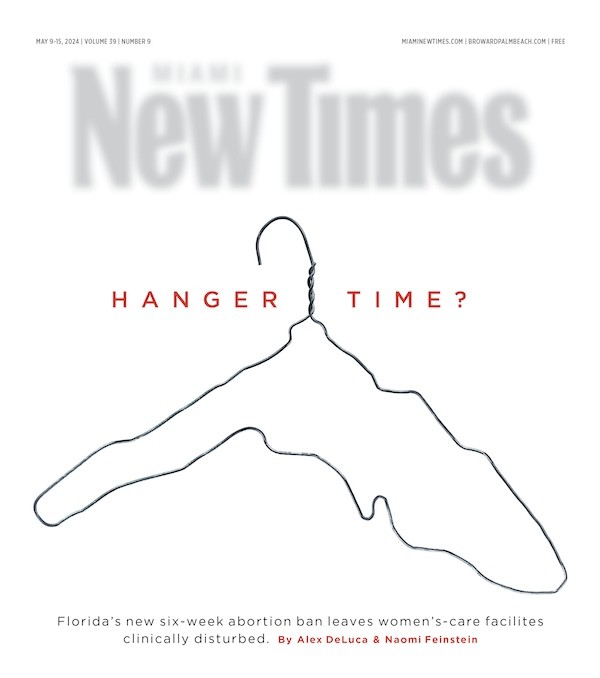Federal authorities from the Fish & Wildlife Service say that with an estimated 6,300 West Indian manatees in Florida, and 13,000 worldwide, the critters are well-off enough to be removed from the endangered species list and considered "threatened" instead. They had been listed as endangered since 1973.
The agency yesterday formally introduced a proposed rule to downgrade the status of the critters. But it comes at the behest of a right-wing nonprofit group. Environmentalists have vowed to fight the change before a final decision is made in 12 months.
The Pacific Legal Foundation, whose goofy-sounding mission is "rescuing liberty from coast to coast," formally petitioned the feds in 2012 to change the manatees' status, and also twice sued to force the change. The groups
The group's attorney, Christina Martin, who is based in Palm Beach Gardens, said in a statement, "The bad news is that federal officials took so long to accept the good news about the manatee’s improvement. It has taken eight years and two lawsuits to get federal officials to follow up on their own experts’ recommendation to reclassify the manatee. Over that time, the manatee population has grown substantially, while federal officials have been sitting on their hands. We are glad to see that the manatee is doing well, but all taxpayers should demand that the government do much better, going forward, in following the requirements of the Endangered Species Act...Hopefully, these officials won’t have to be sued again to be forced to do their job and give the manatee the proper classification that their own studies call for.”
But environmental groups like the Center for Biological Diversity say that manatees still needs the most stringent protections. “The Florida manatee has come a long way but is still threatened by boat strikes, cold stress and undiagnosed mass die-offs in the Indian River
Lopez's groups
In a detailed letter to the FWS in 2014, the Save the Manatee Club explained that the outlook for the creatures might be too
Katie Tripp, the Save the Manatee Club's Director of Science and Conservation, wrote in
The Club said it would be "engaging our Action Team members" to fight for the manatee, and that interested parties could sign up for action alerts.
The FWS will accept public comments on the matter for 90 days. There will also be a public hearing on February 20 in Orlando. See more details here regarding the FWS's position and how to submit feedback.











